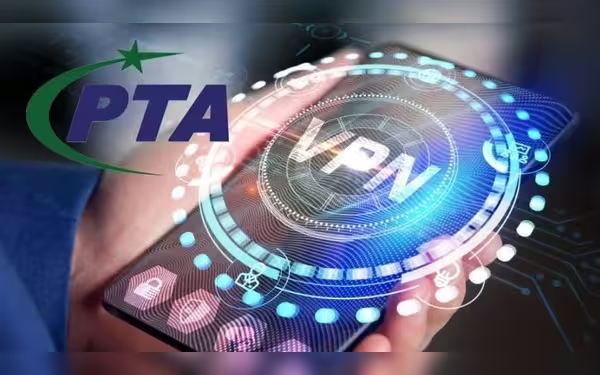Sunday, November 24, 2024 02:47 PM
CII Declares VPN Usage Un-Islamic
- CII labels VPNs as un-Islamic.
- VPNs undermine societal values and legal compliance.
- Using VPNs is considered 'assisting in sin'.
 Image Credits: dailypakistanen
Image Credits: dailypakistanenCII declares VPN usage un-Islamic, emphasizing adherence to Islamic principles and societal values.
In a significant development, the Council of Islamic Ideology (CII) has officially declared the use of Virtual Private Networks (VPNs) as un-Islamic. This announcement has stirred discussions across various platforms, as VPNs have become increasingly popular among internet users seeking to access restricted content. The CII, which serves as an advisory body to the government on Islamic matters, has taken a firm stance on this issue, emphasizing the importance of adhering to Islamic principles in the digital age.
According to reports, CII Chairman Allama Dr. Raghib Hussain Naeemi articulated that it is within the government's Islamic authority to restrict access to content deemed immoral or blasphemous. He pointed out that using a VPN to bypass these restrictions is not only unlawful according to Islamic law but also undermines societal values and legal compliance. VPNs, which are designed to mask users' identities and locations, can inadvertently facilitate cybercrimes and provide access to illegal content, thus violating both Islamic and societal laws.
Dr. Naeemi further elaborated that the act of using a VPN falls under the category of "assisting in sin," which is explicitly prohibited in Islam. He stressed that every Muslim has a duty to follow the laws of their country, as long as those laws align with Islamic teachings. Accessing blocked content for what one might consider societal benefit, as determined by the government, is viewed as contrary to Islamic ethics.
This declaration is not the first of its kind. In a meeting held in May 2023, the CII had already recommended swift action to ban VPNs, calling for stricter controls on the misuse of social media. The council also urged for enhanced registration processes for platforms like the Pakistan Telecommunication Authority (PTA) and the Federal Investigation Agency (FIA) to ensure compliance with these regulations.
The implications of this ruling are profound, as it raises questions about internet freedom and the balance between maintaining societal values and individual rights. While the CII's intentions may stem from a desire to protect the moral fabric of society, it is essential to consider the potential consequences of such restrictions on personal freedoms and access to information. As the digital landscape continues to evolve, finding a middle ground that respects both Islamic principles and the rights of individuals will be crucial for fostering a harmonious society.













